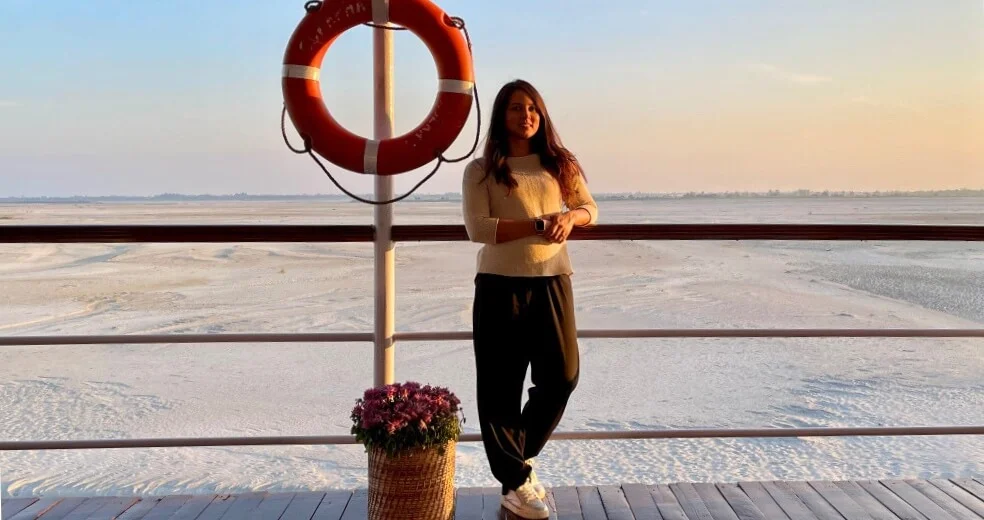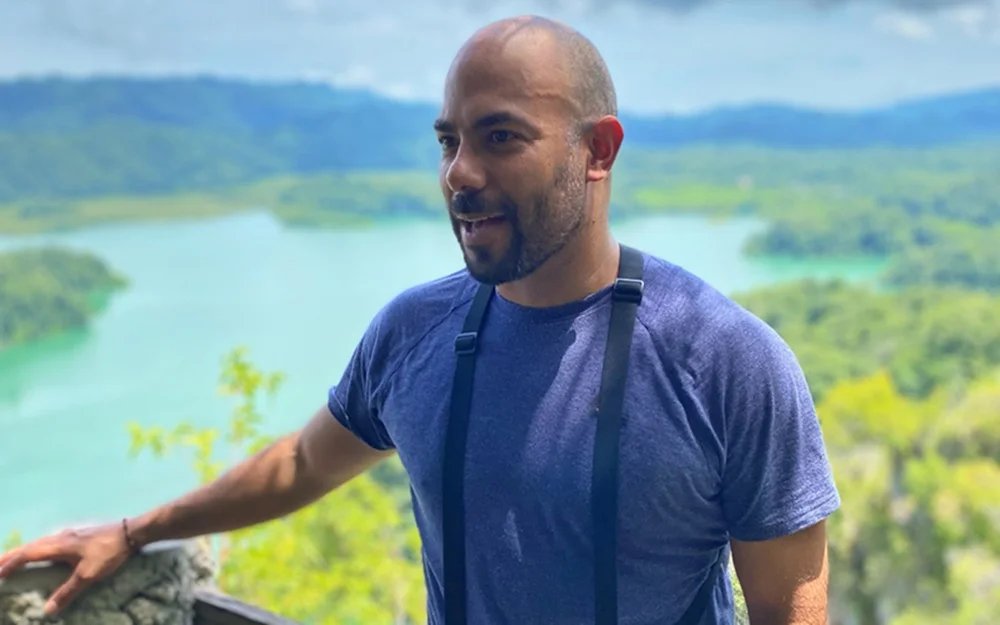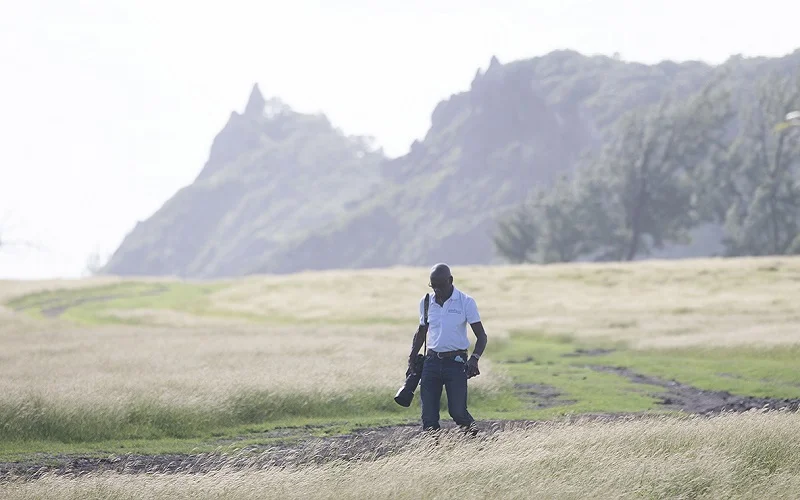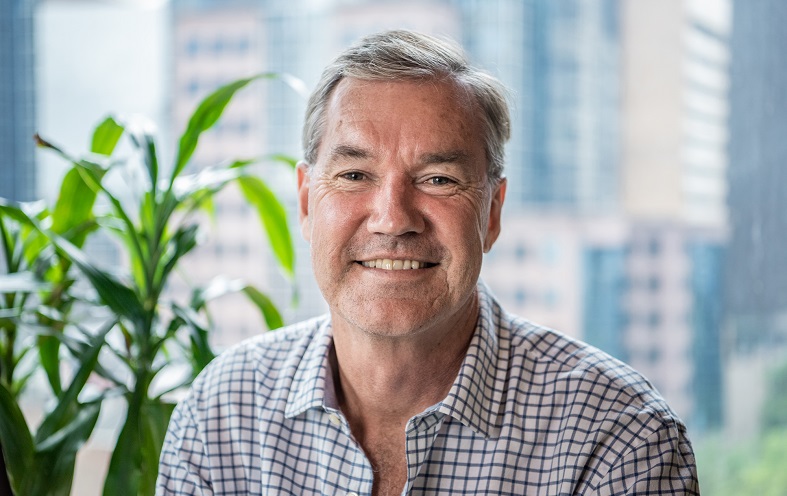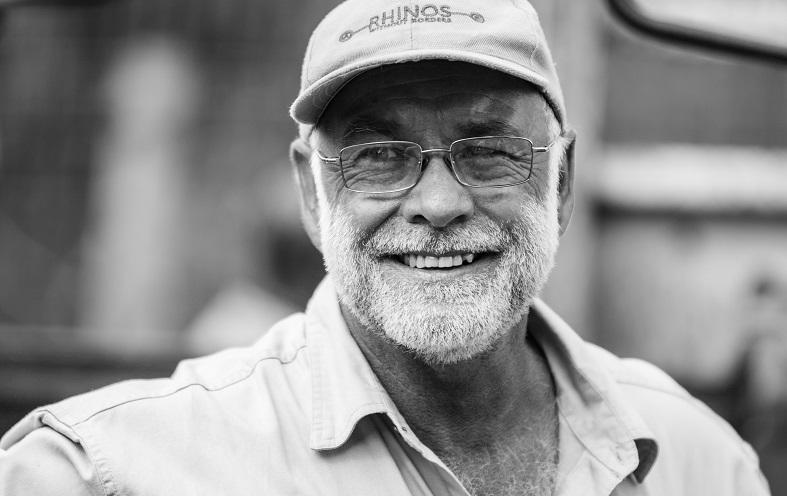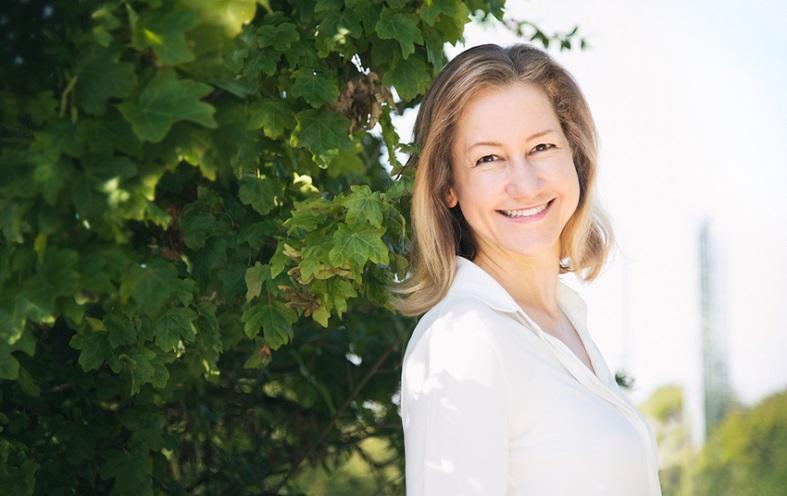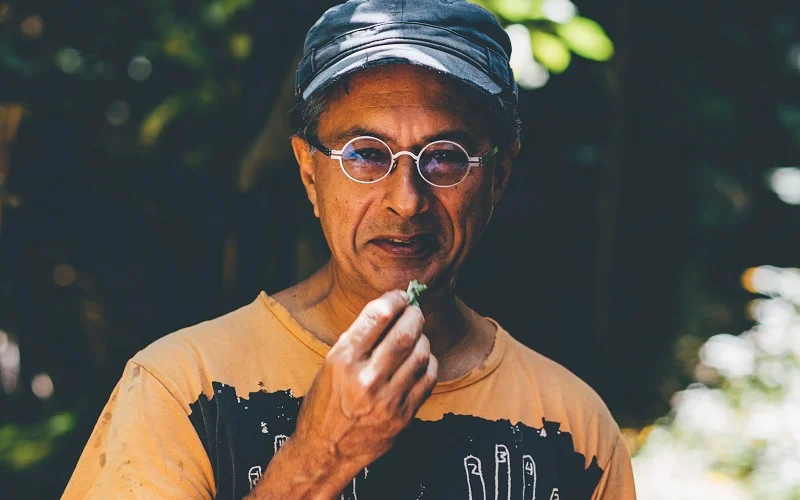
Barbados is known for its beautiful beaches and vibrant tourism industry. However, like many small island nations, it faces significant sustainability challenges, from climate change to energy and food security. One changemaker who is working to address these challenges is Mahmood Patel, founder of Coco Hill Forest.
Our interview with Mahmood is part of our showcase series on Destination Barbados, where we highlight some of the sustainable tourism changemakers and initiatives of this beautiful island nation in the Caribbean.
Mahmood, what inspired you to pursue sustainability, and what actions have you taken to make your organization more sustainable?
Well, I was inspired by the desire to create a vertically integrated business model that links tourism with agriculture, agro-processing, energy, and the creative industries.
Barbados imports approximately 80-85% of its food, so I saw an opportunity to grow agricultural products like coconuts, ginger, cacao, and bananas, and create a farm-to-table product with our café. By doing so, we could reduce the leakage in the local economy by keeping tourism dollars circulating within the community.
That’s great to hear, Mahmood. How do you measure the success of your sustainability initiatives, and what metrics do you use?
For us at Coco Hill, success is subjective. It is harvesting our first cacao pods or picking our first coconuts, trees we planted 6-8 years ago. Success is also observing Barbadians visiting the forest and appreciating the green space either to hike or walk or enjoy the views.
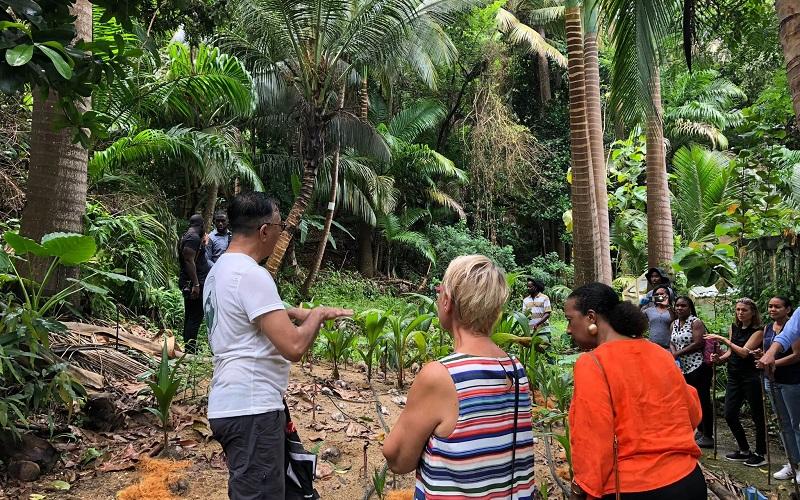
What do you think are the biggest challenges facing Barbados in terms of sustainability, and what steps can be taken to address them?
I think one of the biggest challenges is the sense of how huge the challenges are of climate change, the debt crisis, and the belief that individuals do not have the agency to change events.
A big challenge is green-washing that sounds wonderful but then corrupts the real change that needs to take place. We are still late in the uptake of post-COVID needs to change. We really need to work on local food and energy security.
We have to make tourism less extractive and find ways that tourism becomes more inclusive if we want to keep our young people invested in this sector.
How can businesses and individuals in Barbados work together to create a more sustainable future for the island?
By supporting those businesses that try to create sustainable products or practice sustainability, we can make a collective impact. It’s also important to raise awareness and educate the public on the benefits of sustainability and how we can all work together to achieve a more sustainable future.
What advice do you have for other businesses or organizations looking to improve their sustainability practices?
I would advise businesses to embrace the concept of Ikigai, in that whatever you do as work or business must also have some social good or value. Try to leave the Earth a bit better than you found it.
As for resources, we have found that working with local farmers and community members has been invaluable in our sustainability journey. It’s important to build relationships with the community and work collaboratively towards shared sustainability goals.
Thank you, Mahmood.

